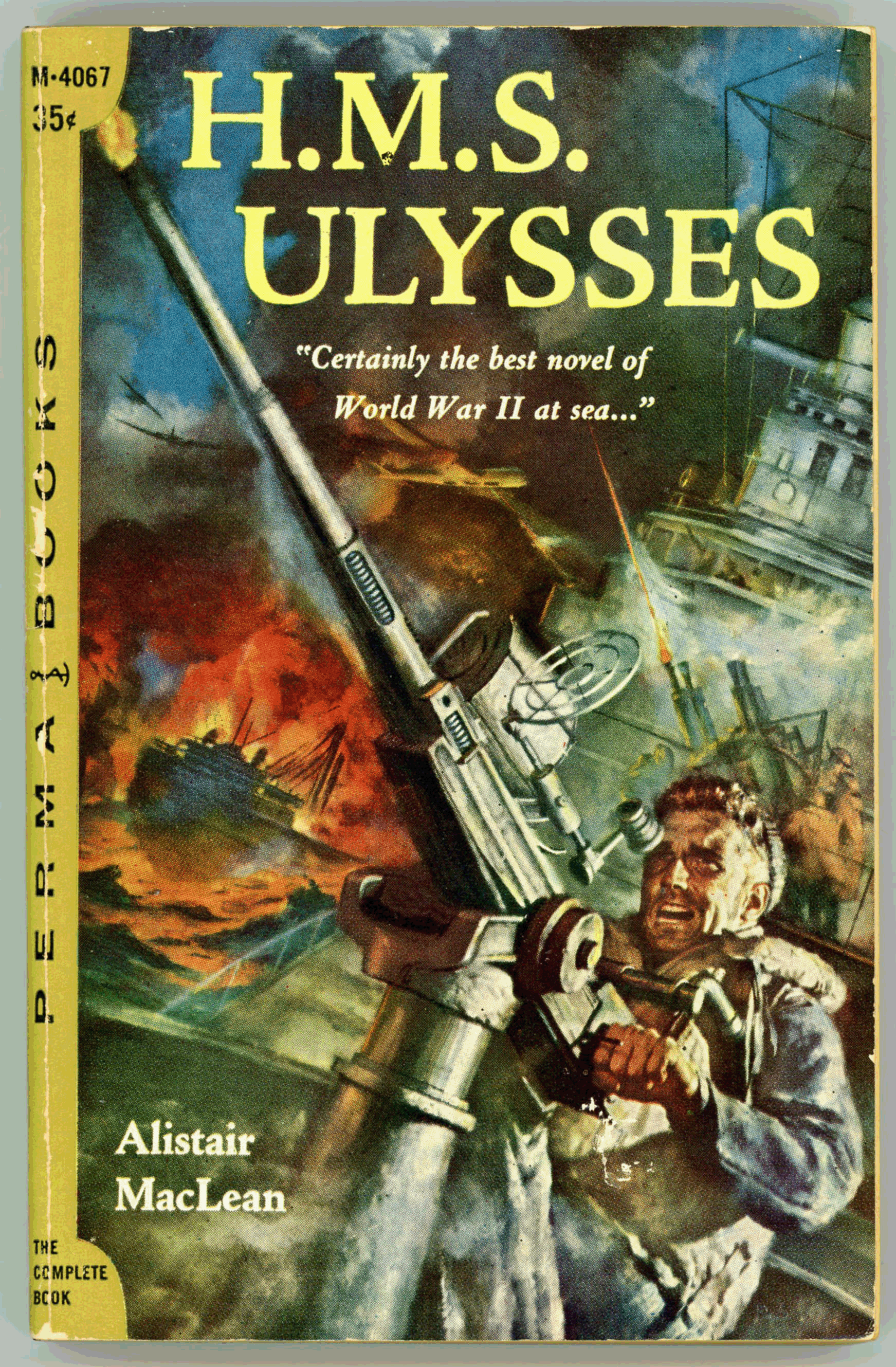I, Robot (Introduction)
Robbie, (variant of “Strange Playfellow” – Super Science Stories, September, 1940)
Runaround, from Astounding Science Fiction, March, 1942
Reason, from Astounding Science Fiction, April, 1941
Catch That Rabbit, from Astounding Science Fiction, February, 1944
Liar!, from Astounding Science Fiction, May, 1941
Little Lost Robot, from Astounding Science Fiction, March, 1947
Escape!, from Astounding Science Fiction, August, 1945
Evidence, from Astounding Science Fiction, September, 1946
The Evitable Conflict, from Astounding Science Fiction, June, 1950
 ______________________________
______________________________
Portrait of Isaac Asimov, from back cover
I, Robot, bibliographic record from Internet Speculative Fiction Database





